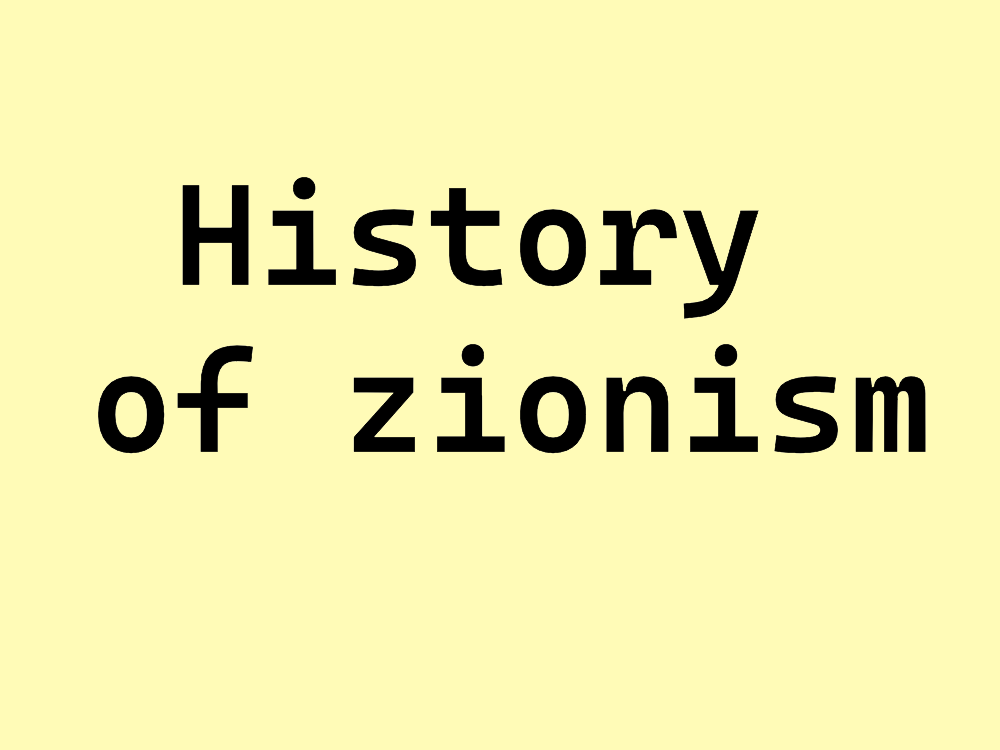Zionism is a political and cultural movement that seeks to establish and support a Jewish homeland in the historical land of Israel. Zionism emerged in the late 19th century in Europe, as a response to the persecution and discrimination that Jews faced in many countries. Zionism was also influenced by the Jewish religious attachment to Jerusalem and the biblical promise of God to restore the Jewish people to their ancestral land.
The history of Zionism can be divided into several phases:
- The pre-Zionist phase, before 1897, when various Jewish groups and individuals expressed their desire to return to Zion, or Palestine, and established some agricultural settlements there. Some of the prominent figures of this phase were Moses Hess, Leon Pinsker, and the Hovevei Zion (Lovers of Zion) movement1.
- The Herzlian phase, from 1897 to 1904, when Theodor Herzl, a journalist and writer from Austria-Hungary, founded the World Zionist Organization and convened the First Zionist Congress in Basel, Switzerland. Herzl advocated for a Jewish state as a solution to the Jewish question and sought diplomatic support from the Ottoman Empire, Britain, Germany, and other powers2.
- The practical phase, from 1904 to 1917, when Zionism focused on building the infrastructure and institutions of a Jewish society in Palestine, such as schools, hospitals, banks, newspapers, and labor unions. This phase also saw the rise of different Zionist ideologies and parties, such as socialist Zionism, religious Zionism, revisionist Zionism, and cultural Zionism3.
- The British Mandate phase, from 1917 to 1948, when Britain gained control of Palestine after World War I and issued the Balfour Declaration, which promised to facilitate the establishment of a Jewish national home in Palestine. This phase was marked by increasing immigration of Jews to Palestine, as well as growing tensions and conflicts with the Arab population and the British authorities. The Zionist movement also faced challenges from anti-Zionist Jews, such as the ultra-Orthodox Agudat Israel and the assimilationist American Council for Judaism4.
- The state-building phase, from 1948 to present, when Israel declared its independence after the United Nations voted to partition Palestine into two states: one Jewish and one Arab. This phase witnessed several wars between Israel and its Arab neighbors, as well as internal debates over the borders, identity, democracy, and security of Israel. The Zionist movement also diversified into various branches and organizations that support Israel in different ways: politically, economically, culturally, militarily, etc.
Zionism is a complex and controversial topic that has many supporters and critics around the world. Some view Zionism as a legitimate expression of Jewish self-determination and national liberation; others view it as a form of colonialism and racism that oppresses the Palestinian people. Zionism is also an evolving and dynamic movement that adapts to changing circumstances and challenges.
